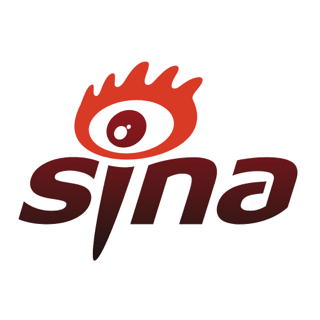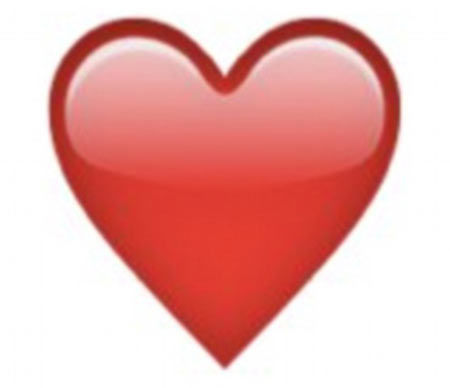 心形符号
心形符号The most popular word of 2014 has been revealed, and is not actually a word at all but a symbol meaning love.
2014年最流行的词语出炉。严格意义上来说,它并非是一个词语,而是一个爱的符号。
A heart 'emoji' was the most widely used character in blogs, Twitter and Facebook and in 250,000 global news outlets in the last 12 months, according to analysts。
有分析数据显示,过去的12个月中,博客、推特、脸书以及全球25万家新闻媒体使用频率最高的字符是心形“表情符号”。
The increasing prominence of the emoji or emoticon shows how symbols are making their way into the English language with the rise of the internet。
表情符号在英语中大行其道,显示出网络快速发展时期,符号正在强势崛起。
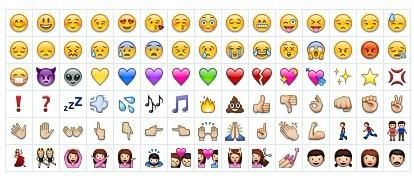 emoji
emojiThere are now 722 recognised characters which portray an emotion, expression, or state of mind, or a person, place or thing - with another 250 to be made available over the next year. The list was compiled by the Global Language Monitor in Austin, Texas, which analyses the use of words and symbols in blogs, social media and 250,000 of the most popular online and print news outlets across the world。
目前共有722个表现感情、表情、心情,或人、场所、物品的符号。2015年将会新增250个表情符号。位于美国德克萨斯州奥斯丁市的全球语言检测机构(Global Language Monitor)通过分析博客、社交媒体以及全球25万家主流在线和出版媒体中词语和符号的使用情况,发布了2014年度流行词语榜。
Researchers found the heart emoji appeared billions of times a day across the world。
研究者们发现全世界每天会出现几十亿个心形符号。
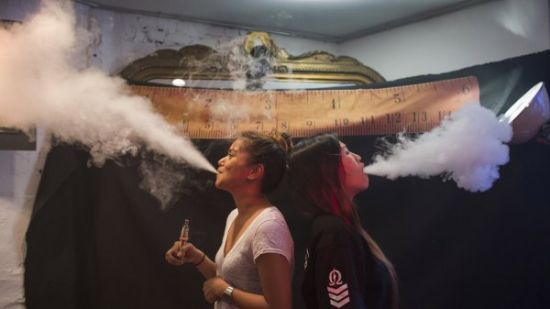 vape 电子水烟
vape 电子水烟Other words that rose to popularity in 2014 were 'vape' from the term vaporise, used to refer to electronic or e-cigarettes. This word appeared in the Oxford Dictionary's top word for 2014. Prince George also made the list along with the phenomena blood moon - referring to the blood red colour of the moon after it passes in the earth's shadow, causing the sun's red light to scatter。
2014年其他的流行词语还有“vape”,演变自“vaporise(蒸发)”,指代电子烟。该词在牛津词典2014年词语榜上排名第一。乔治王子和血月亮也都榜上有名。血月亮现象是指月亮在脱离地球的阴影后受太阳红光照射呈现出血红色的情况。
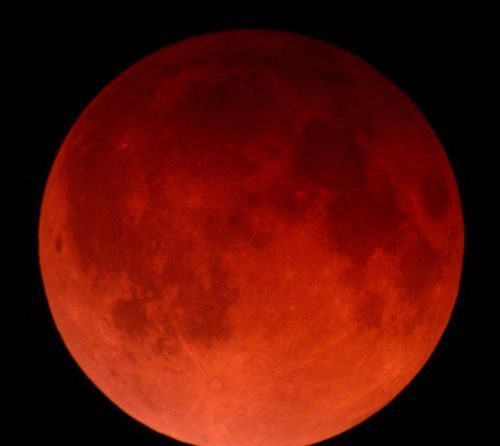 血月亮
血月亮Paul Payack, president of Global Language Monitor, said: 'The English Language is now undergoing a remarkable transformation unlike any in its 1400 year history - its system of writing, the alphabet, is gaining characters at amazing rate。
全球语言检测机构主席保罗・帕亚克(Paul Payack)表示:”英语正在经历一场1400年来都不曾有过的巨大变革―书写系统,也就是字母系统正在以惊人的速度吸收各种符号。”
'These character are ideographs or pictographs that are called emoji and emoticons。
“这些符号被叫做表情文字和表情符号,是一种象形或图形文字。”
'There are about a thousand emoji characters now officially recognised by Unicode Consortium, the official keepers of coding that forms the basis of the internet。
“现在大约有1000个经编码联盟(Unicode Consortium)认证的表情符号。编码联盟负责管理构成网络基础的各种程序编码。”
'They regularly review new suggestions with the next 37 or so being finalised for June 2015.
“他们定期审查每次新增的37条编码建议,这些建议将在2015年6月得到确认。”
'Then the new emoji can be embedded in any number of devices for any number of languages.'
“那时新的表情符号就可以适用于所有的语言环境和设备。”
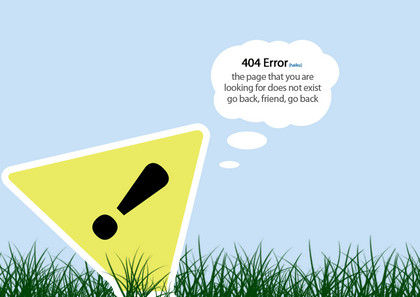 404错误页面
404错误页面The list is the 15th annual survey compiled by Global Language Media. Last year '404' appeared as the most popular word - the internet error message showing the popularity of online media。
年度流行词语榜是全球语言媒体(Global Language Media)开展的第15项年度调查研究。去年排名榜首的流行词语是“404”——网络错误页面提示词,展现了网络媒体的快速普及。
Social media and the internet strongly influenced words appearing in the list - with hashtag, photobomb and clickbait all in the list。
社交媒体和网络极大地影响了流行词语的排名——主题标签(hashtag)、照片炸弹(photobomb)、点击诱饵(clickbait)等都榜上有名。
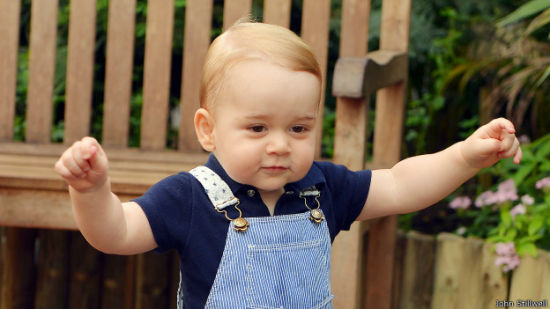 乔治王子
乔治王子Ebola earned top place in the list of names - above Pope Francis and Prince George. The project also included the most common phrases for 2014 with 'Hands up, don't shoot' in the number one spot. This phrase was coined by protesters who called for action after the shooting of black teenager Michael Brown in St Louis, Missouri in August。
在名字年度流行榜上埃博拉高居榜首——紧随其后的是教皇方济格和乔治王子。这个年度调查研究项目还盘点了2014年最常见的短语,“举起手来,别开枪(Hands up, don't shoot)”占据头名。该短语由8月美国黑人少年迈克尔・布朗(Michael Brown)被枪击后为其游行示威的抗议者们所使用。

